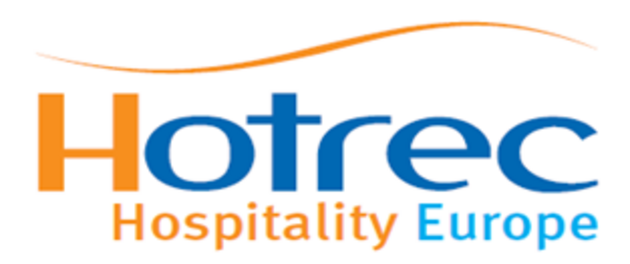
Brussels, 3 July 2018 – The UK Competition and Market Authority identified several widespread cases of hotel booking platforms’ misleading practices. One of the elements of the investigation relates to pressure selling, persuading consumers to make blindfold purchase decisions. This is one of the practices HOTREC has raised continuously attention to in the past, which misleads consumers and also increases false bookings to hotels and thus cancellations.
Claims on intermediated hotel booking websites saying ‘Booked 15 times in the past 24 hours’ or ’only 2 rooms left’ and other similar mentions have been widespread on online market places in the past years. Consumers do not know, what is behind these claims and whether they really relate to the specific product they were looking for (e.g. the accommodation and the date). Paired with favourable cancellation policies, such pressing claims motivate consumers to make several bookings for the same date, and cancelling later the non-favoured options.
Besides pressure selling, the CMA also has investigated into discount claims and display of search results.
“Practices as identified by the CMA and other similar ones are downgrading the image of the broader accommodation market, and are not only harming consumers but also distort competition amongst accommodation establishments”, says Christian de Barrin, CEO of HOTREC.
“HOTREC expects such practices will end across the EU and the UK, bringing more transparency and fairness into the markets”, concluded Markus Luthe, Chair of HOTREC’s Distribution Task Force.
What is HOTREC? HOTREC represents the hotel, restaurant and café industry at European level. The sector counts in total around 1.9 million businesses, being 99,5% small and medium sized enterprises (90% are micro enterprises, i.e. employing less than 10 people). These businesses make up some 60% of value added. The industry provides some 11.1 million jobs in the EU alone. Together with the other tourism industries, the sector is the 3rd largest industry in Europe. HOTREC brings together 43 national associations representing the interest of this industry in 30 different European countries. |
PRESS CONTACT: Claudia Pinheiro +32(0)2 504 78 45, claudia.pinheiro@hotrec.eu
D-0618-189-DM press release CMA